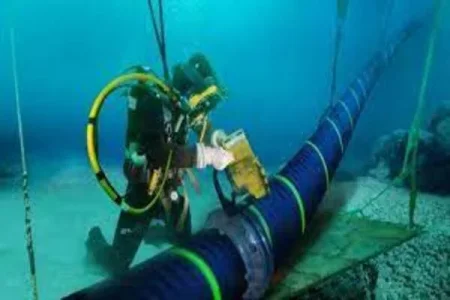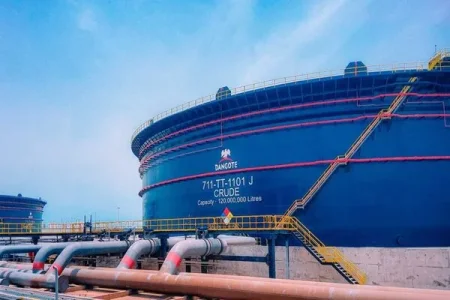
Since Friday, Nigeria has been grappling with major disruptions across critical sectors following the severing of undersea cables, impacting broadband internet connectivity to Nigeria and neighboring West African countries. The incident, stemming from a fault in the MainOne submarine cable system offshore Cote D’Ivoire, has prompted widespread operational scale-downs in banks, financial institutions, telecom companies, and allied firms.
Notably, the banking sector witnessed a significant setback, with customers unable to carry out mobile banking transactions or access USSD services and banking apps from several Nigerian banks. Likewise, the telecom sector experienced network challenges, leading to low internet speeds and disrupted data services for some network providers, including MTN.
The aviation sector also felt the pinch, with reports of long queues at airport stands due to internet-related operational difficulties. Even the maritime sector faced hurdles, with licensed customs agents encountering payment difficulties at seaports.
Additionally, private businesses and unregistered business centers, which employ a sizable number of Nigerians, grappled with internet downtime, causing frustration among users. However, there is hope on the horizon as MainOne management assures that services have been partially restored to some customers, with ongoing efforts to fully restore services in the coming days.
As Nigeria navigates these challenges, attention turns to the urgent need for robust infrastructure and contingency planning to mitigate future disruptions and ensure the resilience of critical sectors.




